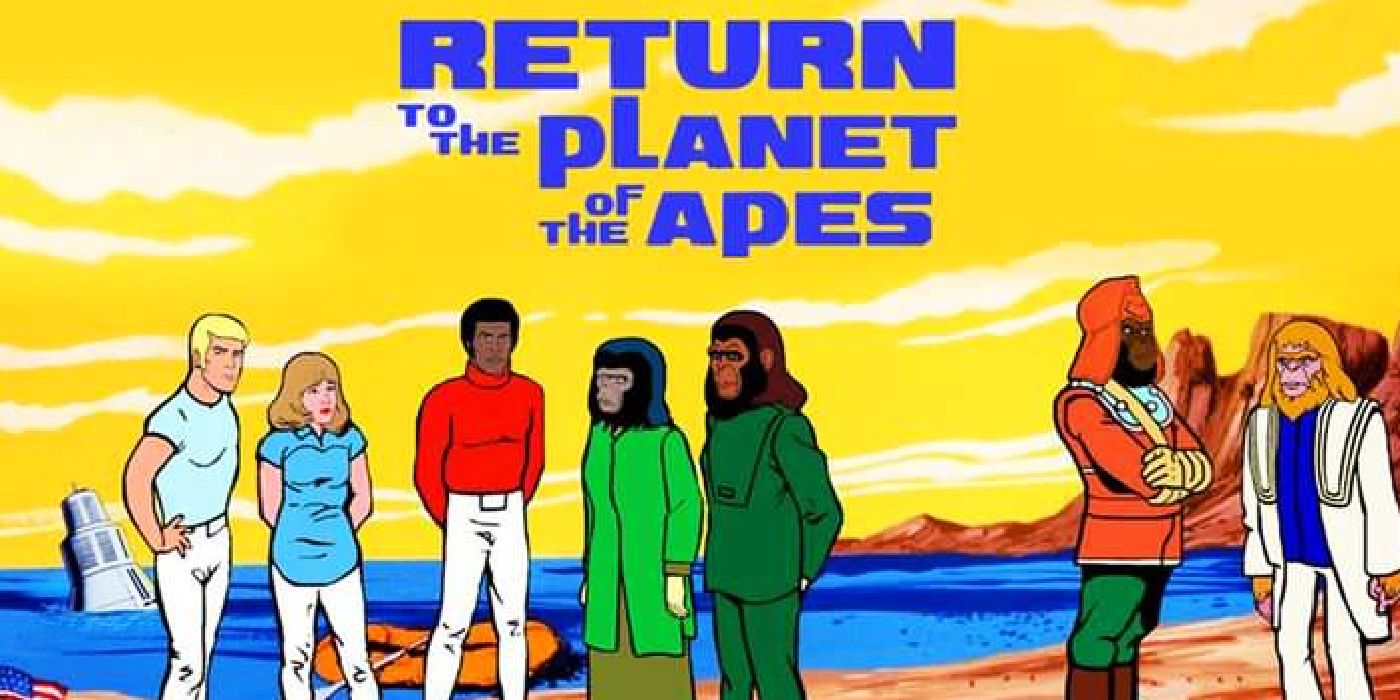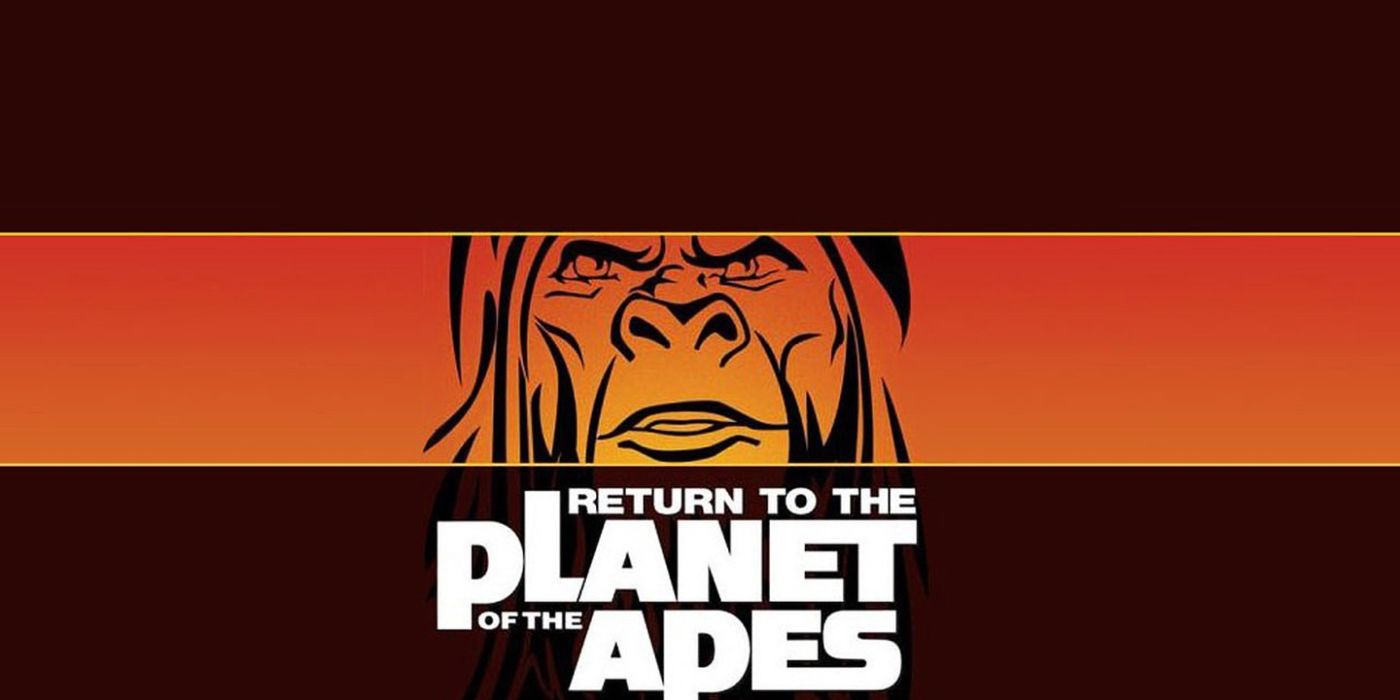Return To The Planet Of The Apes marked the end of the original iteration of the iconic franchise. Based upon the novel of the same name by Pierre Boulle, 1968's Planet Of The Apes sees Charton Heston's astronaut Taylor crashlanding on a planet where talking apes are the dominant form of life. The movie ends on one of the all-time great twists when - spoiler warning for a 50-year-old movie - it's revealed the planet is Earth in the far future. The film was a huge success with the studio pressing ahead with a sequel - which was a rare feat back then.
Heston had no interest in another ape outing but agreed to return for Beneath The Planet Of The Apes on condition it was only a cameo - and that he destroys the entire world in the finale. He got his wish as Taylor ends the sequel by nuking the planet, but time-travel shenanigans saw the movie series continue for three more instalments. After years in development hell, Tim Burton remade the original Planet Of The Apes in 2001 with Mark Wahlberg and Tim Roth, but while it was a success the reviews were universally poor; even Wahlberg has spoken out against it in the years since. The franchise was later successfully rebooted with 2011's Rise Of The Planet Of The Apes, which launched a trilogy revolving around Andy Serkis' Caesar and the gradual downfall of the human race.
The original iteration of the Planet Of The Apes franchise included five movies, a line-up of comics and novels and a short-lived live-action show from 1974. With the movie series ending and the show only lasting a season, there were already signs the popularity of the franchise was waning, with cartoon series Return To The Planet Of The Apes being the last pull of the lottery chain.
Like the original Planet Of The Apes movie and TV show, Return To The Planet Of The Apes finds a group of astronauts - Bill Hudson, Judy Franklin and Jeff Allen - crashlanding on the titular planet. They soon discover a society of highly-evolved apes that have enslaved or hunt down what's left of mankind, but the world seen in the cartoon is more advanced than the film or TV series versions. Like the original Boulle novel, this world has advanced technology and civilization, which was changed for the 1968 film to reduce the budget.
Return To Planet Of The Apes's animation-style can be very stiff, with shots and backgrounds being reused constantly, but it's still capable of producing striking imagery too. Jeff Allen performer Austin Stoker (John Carpenter's Assault On Precinct 13) also appeared in the fifth movie Battle For The Planet Of The Apes, though he voices a different character for the show. Return To The Planet Of The Apes was able to explore a different side to the apes/human conflict and dig into the muddled politics and is surprisingly well-written for a spinoff cartoon. Alas, it only ran for one season too, with the astronauts still stranded when it ended. While the same fate befell the lead characters on the live-action show too, an epilogue was later added during re-runs of that series that revealed they eventually escaped back to their own time - somehow.


